
California’s governor ordered people in the most populous U.S. state to stay home as the coronavirus pandemic’s toll worsened so much world leaders warned of “record” economic pain.
Iran accused the United States of helping spread the virus by retaining sanctions that prevent it importing desperately needed medicine and medical equipment. Iran’s 1,200 deaths are exceeded only by those in Italy and China, and fears remain that it is underreporting the scale of its outbreak.
Iran’s U.N. Mission said the sanctions, imposed over the country’s nuclear program, were making it virtually impossible for Iran to import what it needed to fight the virus.
“In other words, while the U.S. is trying to curb the virus internally, it is helping the spread of the virus externally,” it said in a statement.
Worldwide the death toll from COVID-19 passed 10,000 and infections exceeded 244,000, according to a Johns Hopkins University tally.
More than 86,000 people have recovered, mostly in China, but the pace is much slower than the spread of the virus. Recovery takes two weeks or so for mild cases but can be up to six weeks for those that turn serious, according to the World Health Organization.
The developments came as nations impose ever-stricter border controls and lockdowns to keep people at home and keep away outsiders, hoping to slow the spread of the virus while preparing for an onslaught of sick patients. U.N. Secretary-General Antonio Guterres warned of a looming global recession “perhaps of record dimensions.”

In California, Gov. Gavin Newsom said that if strong action wasn’t taken, 56% of the state’s 40 million residents could contract the virus over the next eight weeks. He expanded restrictions on non-essential movement outside of homes, saying it was necessary to control the spread of the virus, which was threatening to overwhelm California’s medical system.
Similar restrictions are in place in virus hotspots like Italy, Spain and central China.
Friday prayers were cancelled at the largest mosque in Southeast Asia. The Istiqlal grand mosque in Indonesia’s capital, Jakarta is usually packed with thousands of worshipers for Friday prayers. The world’s fourth most populous country has more than 300 cases and there are worries of how badly the virus might spread there. The president’s call for all mass gatherings to be canceled could be hard to enforce in the sprawling archipelago.

The U.S. Army prepared mobile military hospitals for deployment in major cities, and motorists waited in long lines for nurses to swab their nostrils at new U.S. drive-thru testing sites.
The virus has infected at least one European head of state: Monaco’s 62-year-old Prince Albert II, who continued to work from his office. He joins several public officials in Iran, Brazil, Australia and other countries who have the illness.
Italy, with 60 million citizens, has recorded 3,405 deaths, exceeding the 3,248 in China, a country with a population over 20 times larger. Italy’s caseload of 41,000 is more than half of China’s as well and more than 15% of the global total.
Though the illness is mild in most people, the elderly are particularly susceptible to serious symptoms. Italy has the world’s second-oldest population, and the vast majority of its dead—87%—were over 70.
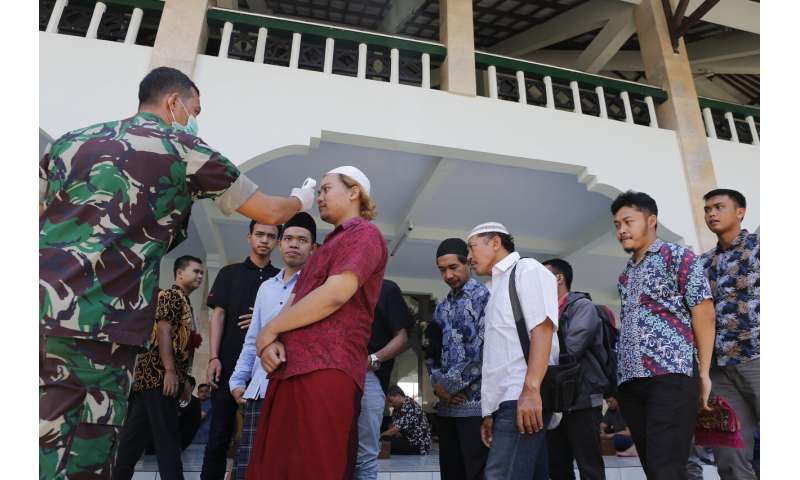
Jonas Schmidt-Chanasit, a virologist at Germany’s Bernhard Nocht Institute for Tropical Medicine, offered another reason for Italy’s high death rate: “That’s what happens when the health system collapses.”
Countries were trying to prevent that from happening by slowing the virus and increasing their medical capacity.
In the U.S., where deaths reached at least 205, and infections climbed past 14,000, the Army was planning to deploy two hospitals, probably to Seattle, Washington, and New York City. Washington state has the highest death toll, 74, and New York City is rapidly becoming a U.S. epicenter, with more than 4,000 cases.
New York Gov. Andrew Cuomo said the state needs to acquire thousands of ventilators, which would help the critically ill breathe, before the outbreak overwhelms hospitals.
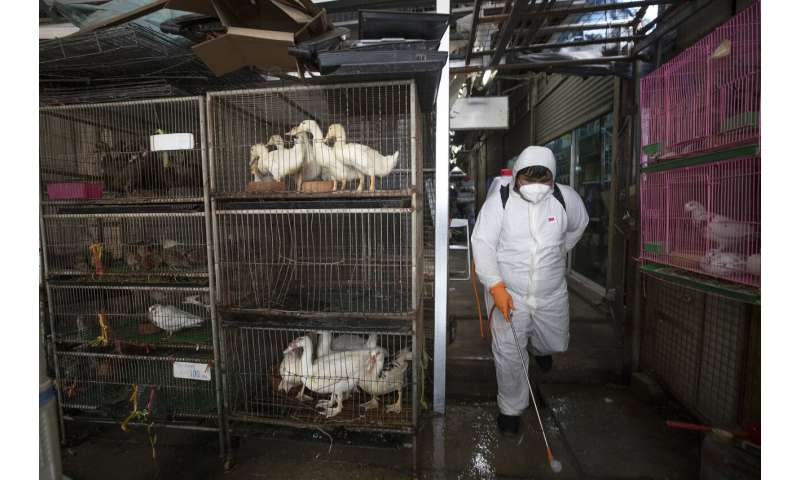
“Every state is shopping for ventilators. We’re shopping for ventilators. We literally have people in China shopping for ventilators which is one of the largest manufacturers. So this is a major problem,” he said.
China, where the first cases of COVID-19 emerged in December, is seeing signs that its restrictive lockdowns and hastily built hospitals have worked. The epicenter of its outbreak, the central city of Wuhan, had no new infections for a second day Friday, the country’s health ministry said. All 39 new cases recorded nationally were from abroad.
In a measure of how the fortunes of East and West have shifted, a Chinese Red Cross official heading a delegation to Milan openly castigated Italians for failing to take the national lockdown seriously. Sun Shuopeng said he was shocked to see so many people walking around, using public transportation and eating out in hotels.

“Right now we need to stop all economic activity, and we need to stop the mobility of people,” he said. “All people should be staying at home in quarantine.”
The British government, criticized as slow to react to the virus, shifted gears and drew up legislation giving itself new powers to detain people and restrict gatherings. The bill is expected to be approved by Parliament next week.
The U.S. State Department, meanwhile, warned Americans in the strongest terms yet not to travel abroad under any circumstances.
Damage to the world’s largest economy kept increasing, with the number of Americans filing for unemployment benefits surging by 70,000 last week.
Congress is weighing a proposed $1 trillion emergency package that would dispense relief checks to households in as many as two rounds, the first of which would consist of payments of $1,000 per adult and $500 for each child.
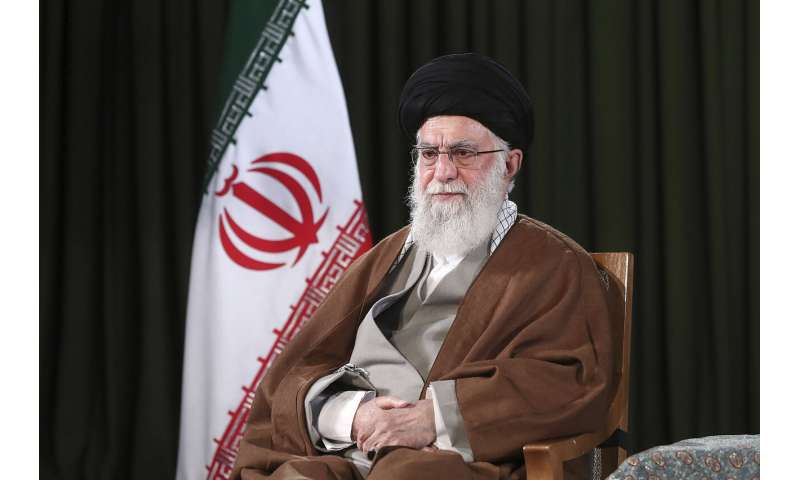
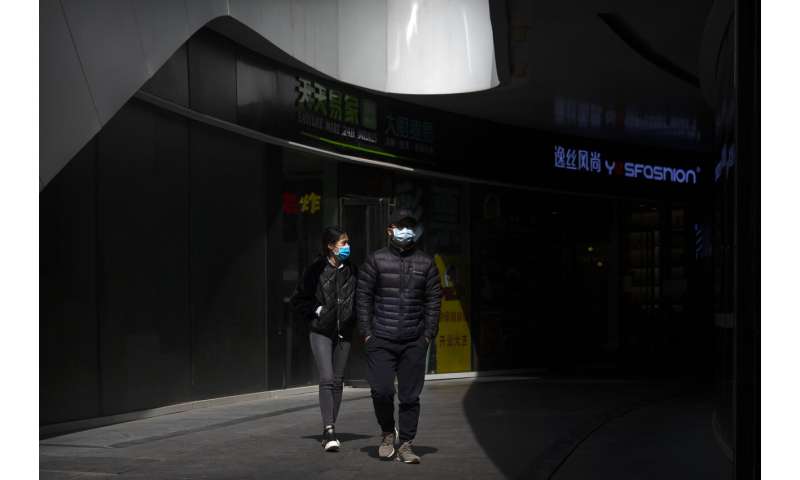
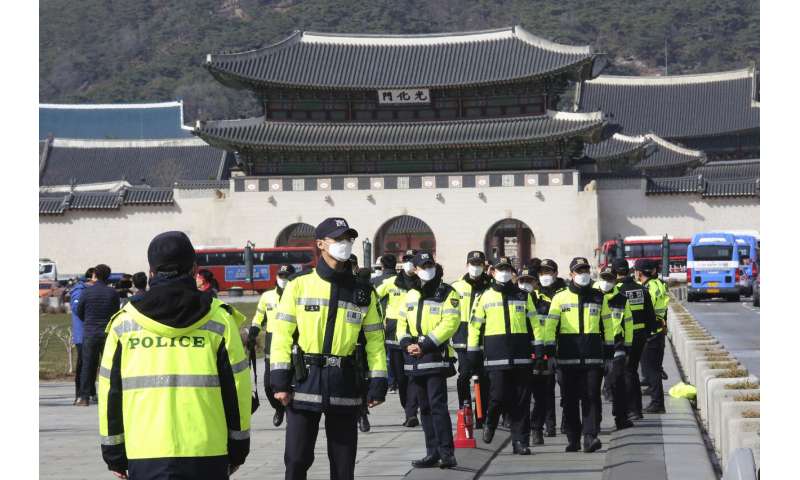
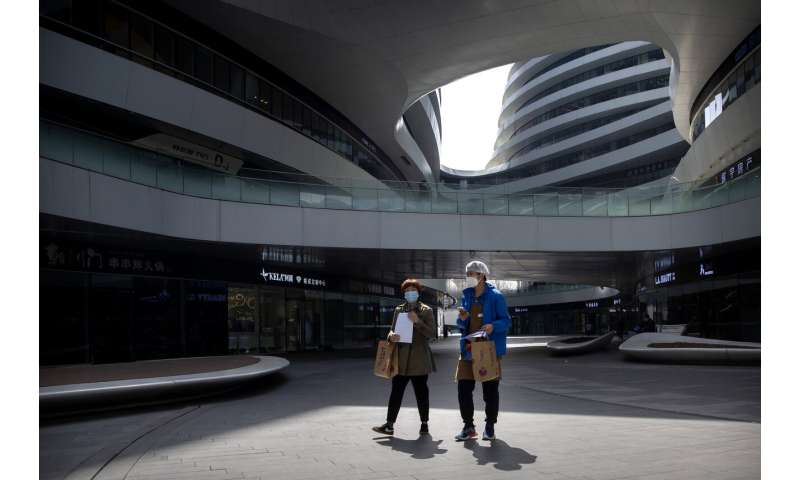
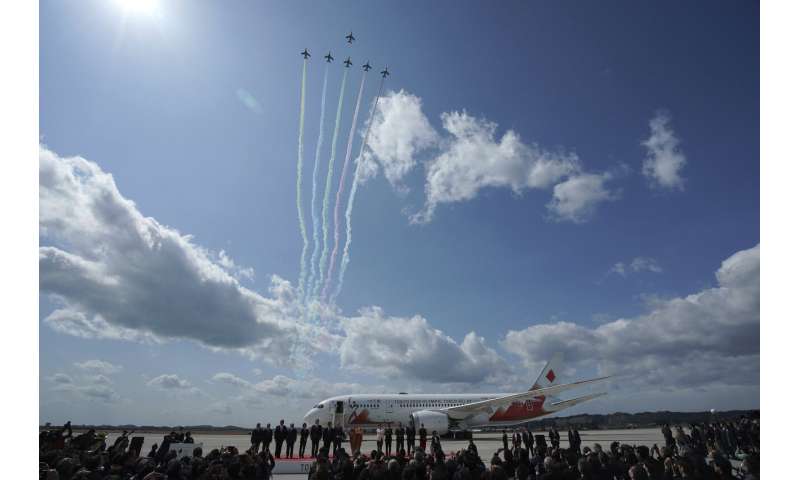
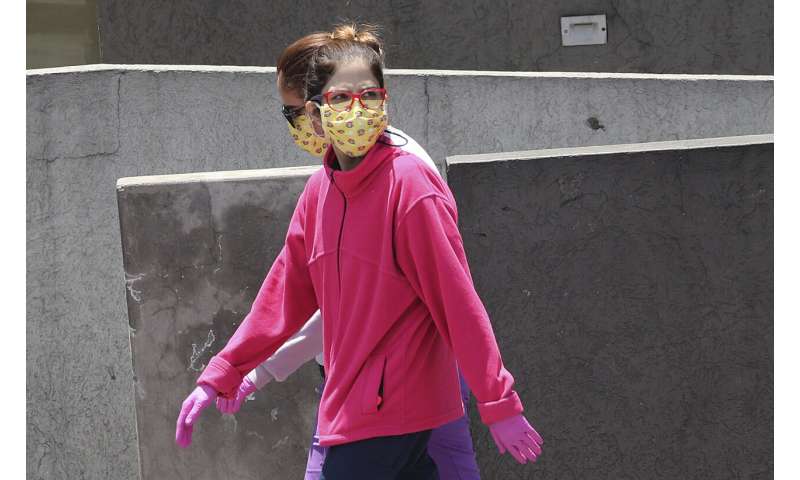
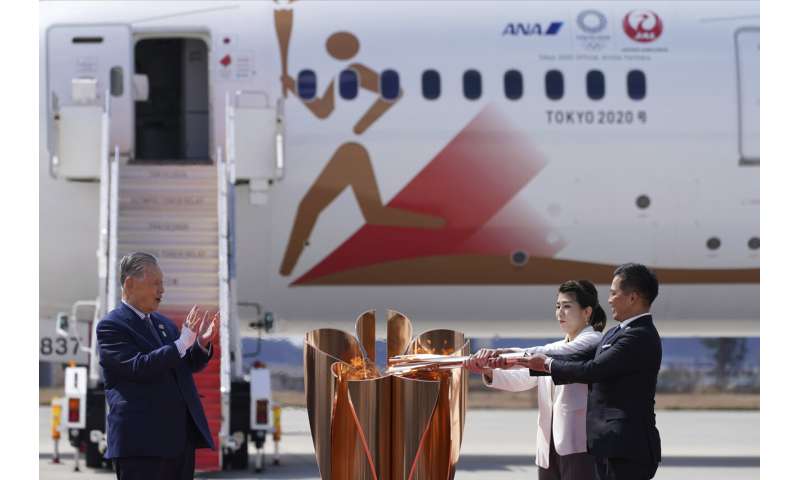
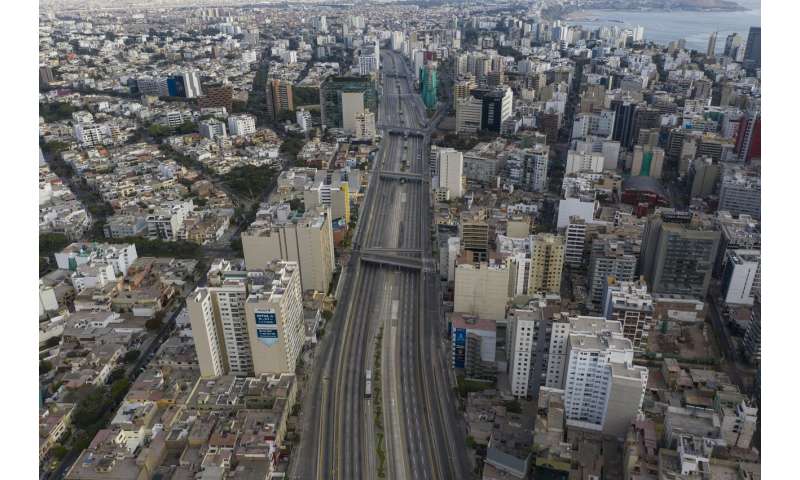
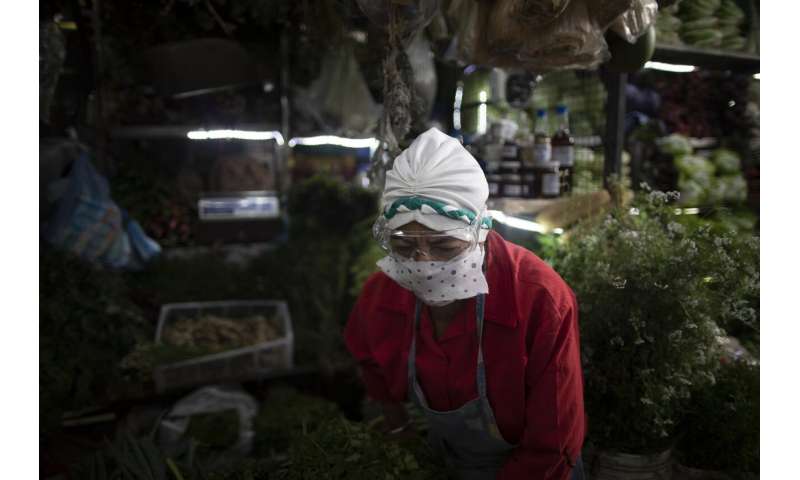
U.S. governors and mayors sounded increasingly alarmed and took ever more drastic measures to fend off the crisis.
Pennsylvania Gov. Tom Wolf ordered the closing of all “non-life-sustaining” businesses in the state, with exceptions for gas stations, grocery stores, pharmacies and takeout restaurant service, and warned that violators could be subject to fines or imprisonment.
At a video conference with Trump, governors complained they were having difficulty obtaining such things as swabs and protective gear for doctors and nurses.
And New York Mayor Bill de Blasio lashed out at the president as “the Herbert Hoover of your generation,” referring to the man who was president when the stock market crashed in 1929 and the Depression set in.
A Houston hospital that opened its doors to drive-thru testing quickly saw a line of hundreds of vehicles stretching more than a mile. At a white tent, workers in masks and head-to-toe protective gear swabbed motorists. Petra Sanchez waited to find out whether she had the virus.
Source: Read Full Article